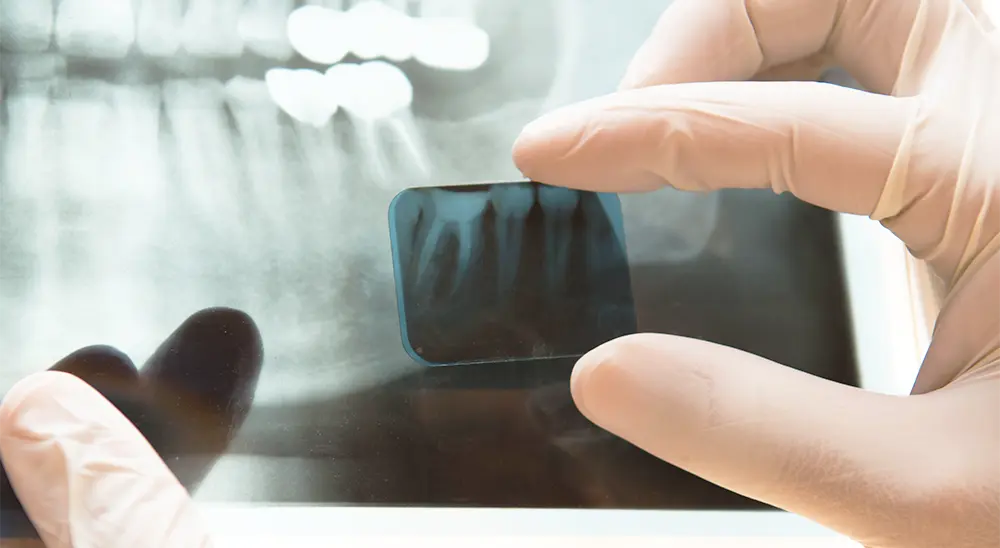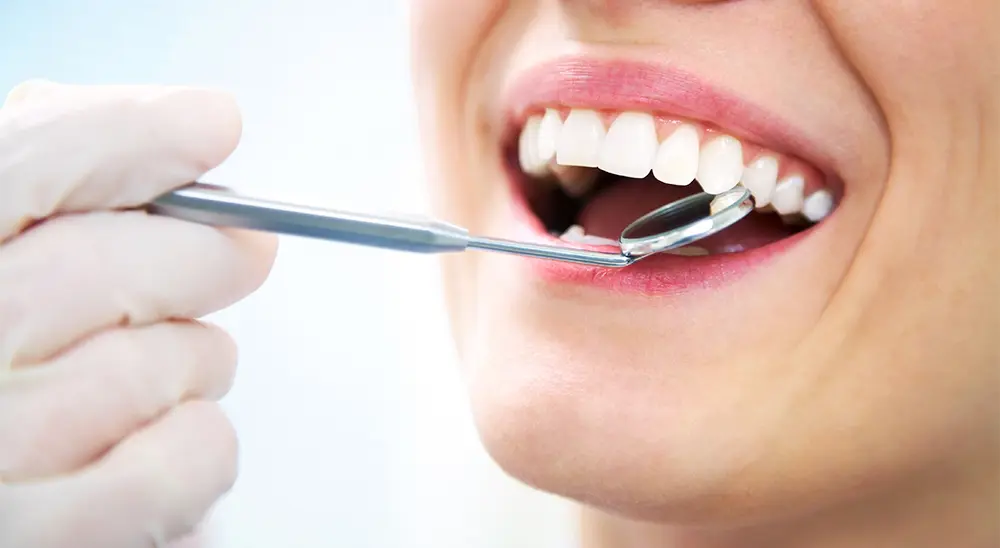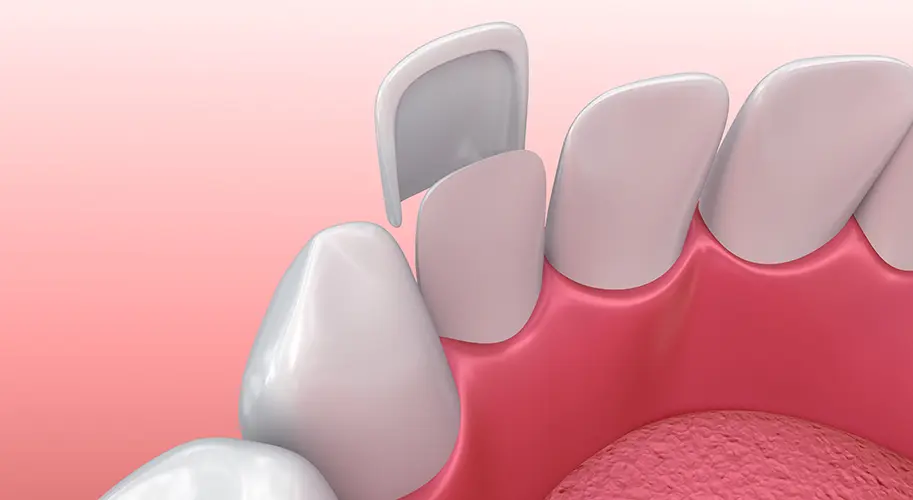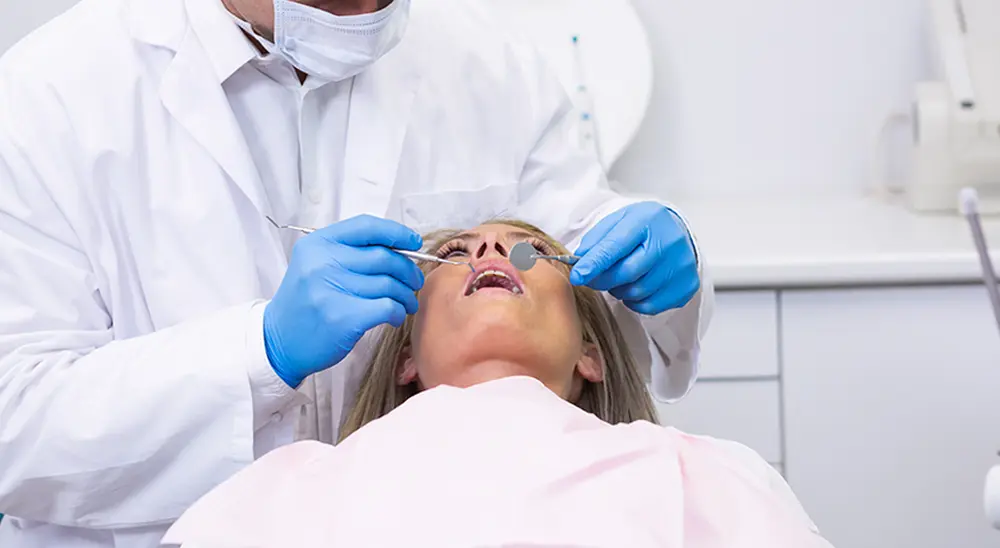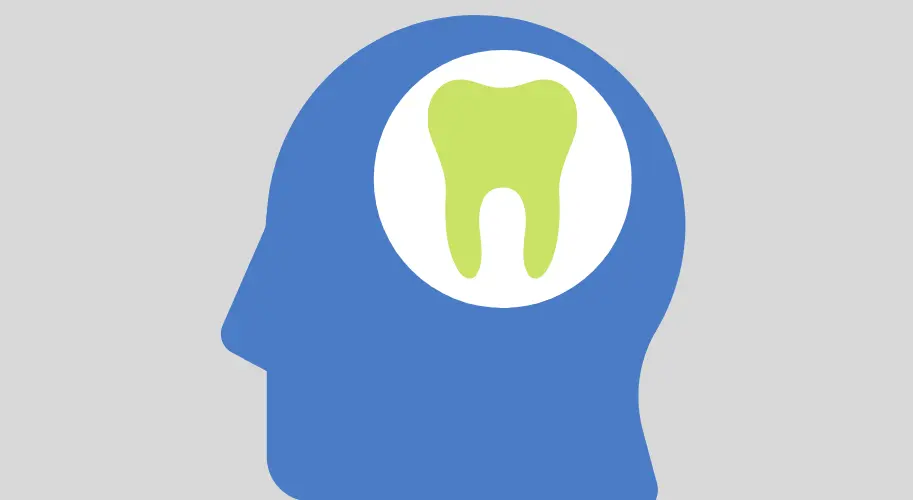
Dental and mental health
What is the connection between mental health and dental health?
The link between mental and overall physical health has long been the subject of in-depth research, but no particular focus seems to have been placed on it. If you want to understand how dental health impacts your mental health and vice versa, read on it in the following lines.
Some of the most common mental disorder and illnesses that can have a negative impact on a person’s oral health include anxiety and panic attacks, depression, eating disorders, obsessive-compulsive disorder, bipolar disorder, schizophrenia, psychosis and other.
Poor physical health faced by people with mental disorders and diseases is the subject of increasing attention, but unfortunately, there is less and less focus on the health of the oral cavity as an important part of the overall condition of the organism.
Like we already mentioned, the connection between mental and oral health is two-way. On one hand, the prospect of dental treatment can lead to anxiety or phobia, as 2018 research indicates that more than 60% of the population suffers from a dental phobia (fear of the dentist), which can lead to more negative consequences of the overall oral health concerning the patient. On the other hand, many mental disorders and diseases, affective disorders, and eating disorders are associated with dental diseases that cause tooth erosion, caries, and periodontitis. Left untreated, dental disease can lead to several serious problems and subsequent tooth loss.
Patients, who suffer from mental diseases are liable to a higher risk of oral and dental diseases than the general population. In disorders such as anxiety and depression, the main problem is the loss of interest in self-care, which leads to poor hygiene. Also, therapeutic drugs used in such conditions, such as antidepressants, can lead to adverse oral effects such as the dry mouth.
We would also like to pay particular attention to the link between oral health and eating disorders, such as bulimia and anorexia, as they are sometimes difficult to detect and dentists may be the first medical professionals to suspect such a problem. 35% and 38% of patients suffering from eating disorders have dental erosion due to acidic fruits and drinks, which they often consume, as well as low levels of calcium, which can affect the good condition of the teeth, as well as available gastric reflux or frequent vomiting.
Proper oral hygiene and frequent dental checkups are essential for your mental health. Poor mental health affects oral hygiene, leading to tooth decay or gum disease. Take care of yourself and if you report any problems related to your mental and oral health, do not hesitate to seek help from the appropriate specialists.



